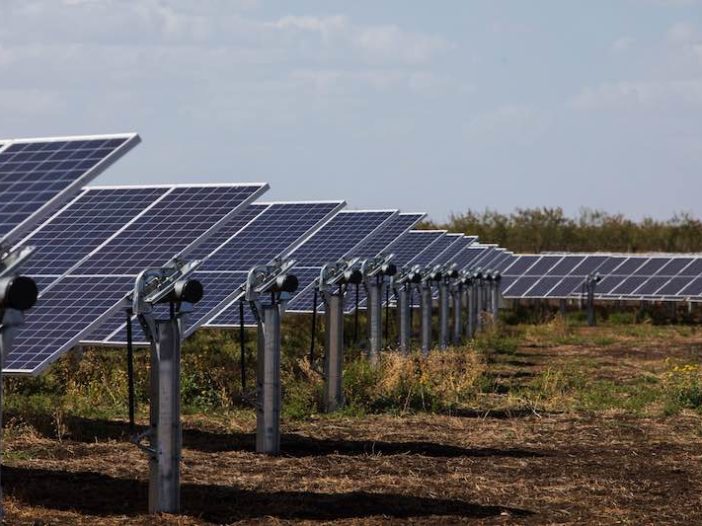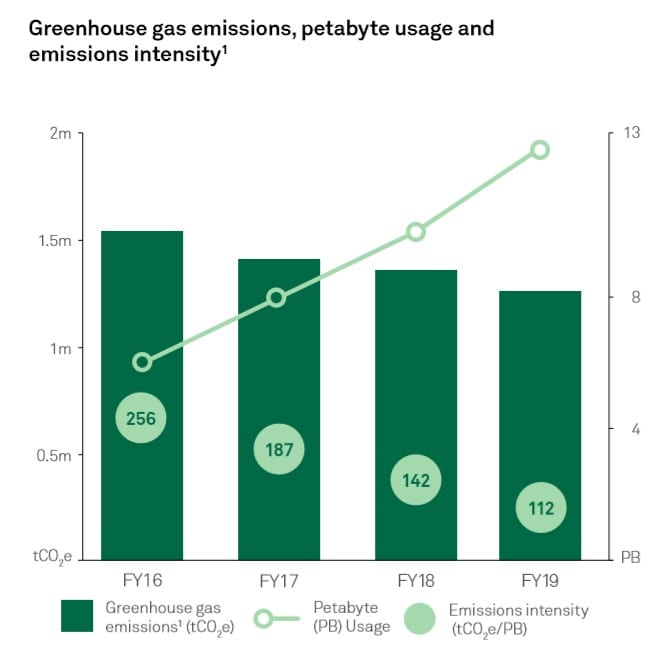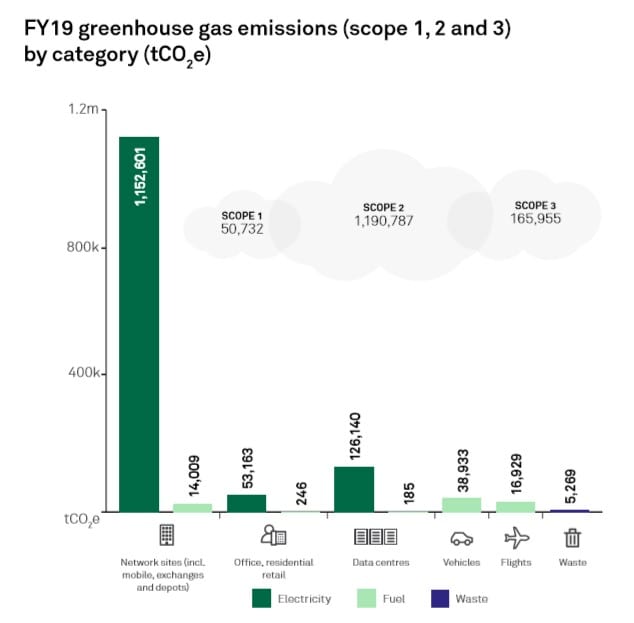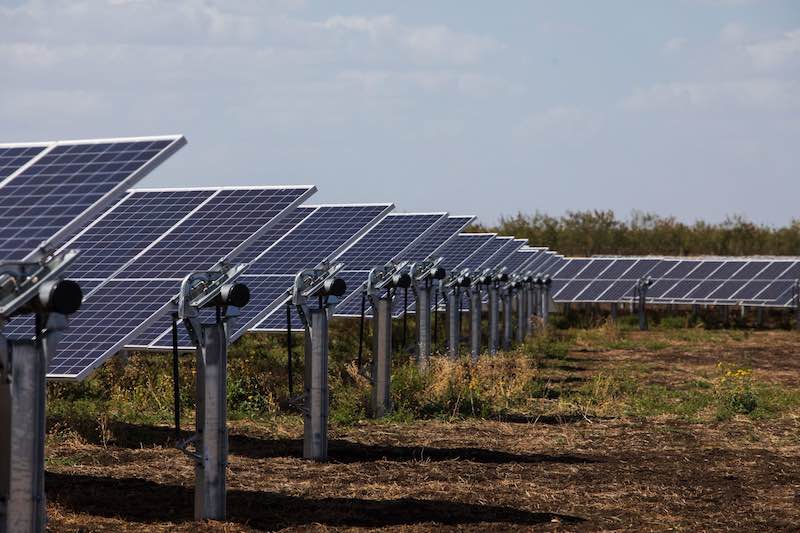
Australia’s largest telecommunications provider Telstra will ramp up efforts to reduce its contributions to climate change, announcing that it will immediately go carbon neutral, and will source 100% of its electricity use from renewables by 2025.
In setting the new targets, which include a commitment to half the company’s emissions by 2030, Telstra said that it was crucial that members of corporate Australia set a strong example in responding to climate change, and as one of Australia’s largest energy users, Telstra had a particular duty to provide that example.
Telstra CEO Andrew Penn added that there was a greater urgency to act following an Australian summer featuring devastating bushfires.
“It can be popular to comment on what others should be doing, particularly government,” Penn said.
“However, what I am more interested in is what we are doing at Telstra and what I am doing to make a difference as an individual. There is a collective and increasing sense of responsibility and urgency to act. Everyone has a role to play. The biggest risk to climate change is believing it’s someone else’s problem to fix.”
In an announcement of new commitments to reduce the company’s emissions footprint, Telstra has set three new goals across three areas.
From this year, Telstra will ensure all of its operations are effectively carbon neutral. While the company will continue to invest in energy efficiency measures, it will also source offsets “sourced largely from renewable energy projects” within the countries were Telstra operates.
Secondly, Telstra will ensure the equivalent of 100 per cent of its electricity consumption is sourced from renewables projects by 2025. Telstra will seek to directly secure power purchase agreements to underwrite new wind and solar projects.
Telstra has already entered into a significant volume of contracts for the supply of renewable electricity, with the ability to lock in lower cost supplies of electricity presenting good economic and environmental business cases. As of December last year, Telstra was sourcing around a third of its electricity from renewable sources.
Increasing these purchases will be used to cover supply to all of Telstra’s operations, including its communications networks, buildings and data centres by 2025. The largest source of Telstra’s emissions is the electricity used in the company’s network sites, but the company had worked to reduce its electricity consumption while customer data use continued to grow.

Thirdly, Telstra has committed to reducing its absolute emissions by at least 50 per cent by 2030, setting the company on a pathway to achieving a longer term goal of zero net emissions by 2050.
“We are proud of these actions but they are nowhere near enough in the context of the climate challenge we are facing. Changing the current trajectory on climate change – and meeting the defining challenge of the 2020s – will require bold and creative action along with decisive leadership and determination,” Penn added.
“The time for that action is now.”
Across its operations, Telstra uses a substantial amount of electricity, and the company’s transition to sourcing all of its power from wind and solar should underpin a reasonable investment boost for the industry.

“Telstra is one of the largest consumers of power in the country. Powering networks to cover a continent this big so that millions of Australians stay connected requires something in the order of 5.9 petajoules of energy each year and last year that resulted in nearly 1.3 million tonnes of greenhouse gas emissions,” Telstra CEO Andrew Penn said.
Telstra’s commitments have received praise, including from Greenpeace Australia, which said Telstra is acting as a strong role model for the rest of corporate Australia.
“Telecommunications companies like Telstra use enormous amounts of energy to power their operations, so it’s important to see them starting to clean up their act and lead the transition to 100% renewable energy,” Greenpeace Australia’s Lindsay Soutar said.
“Right now in Australia our electricity networks are still powered by polluting coal, so when large companies like Telstra make clear commitments to 100% renewable energy it makes a real difference to cleaning up Australia’s emissions.”
“Today’s announcement is of particular impact because it’s not just about what is happening 30 years down the track, but what big energy users like Telstra are doing right now and over the next five years.”
According to the company’s latest sustainability report, Telstra reduced its greenhouse gas emissions by 2.6 per cent in the last year.





